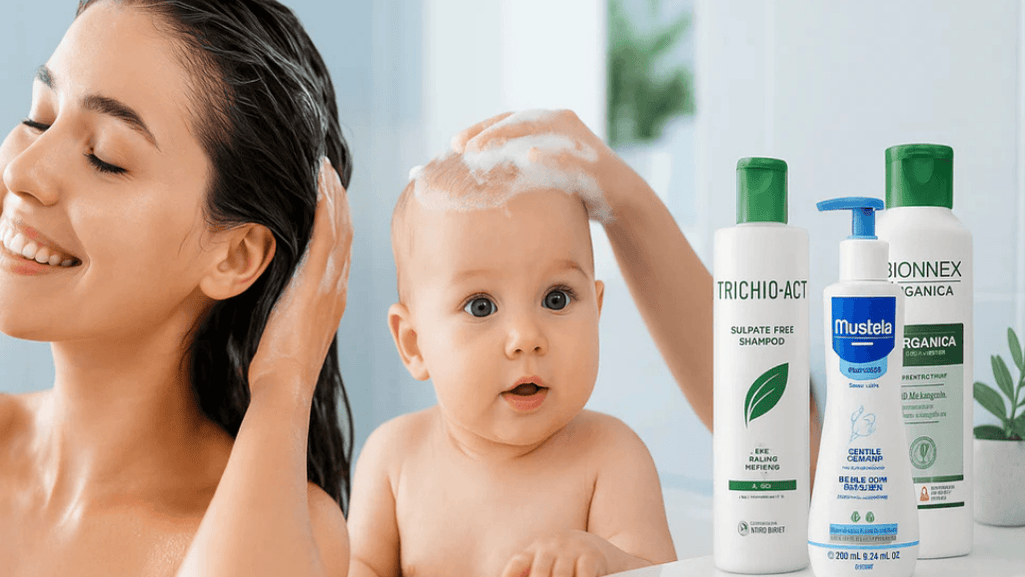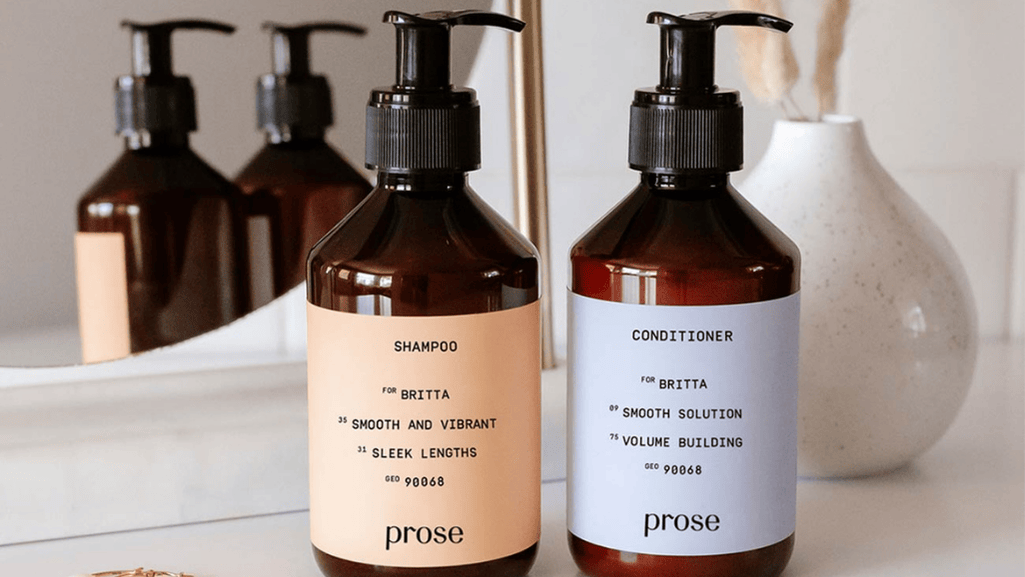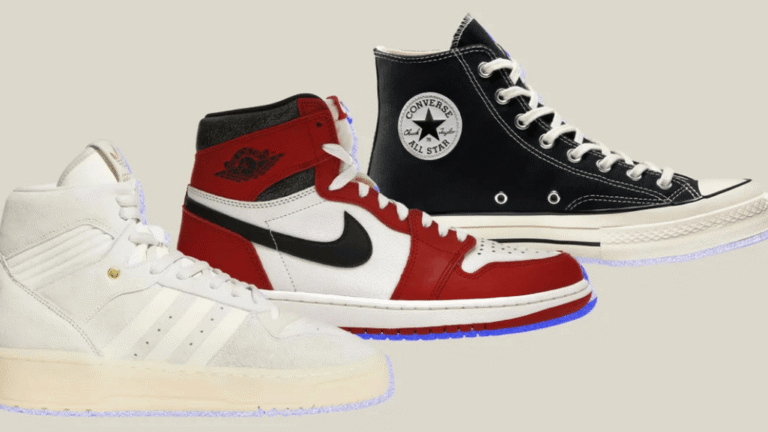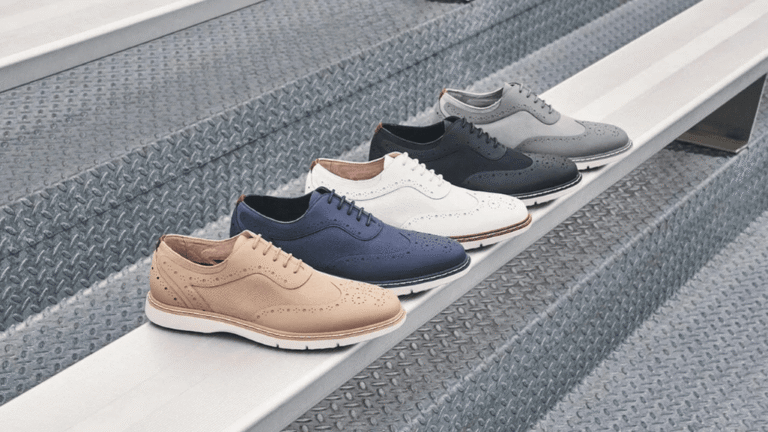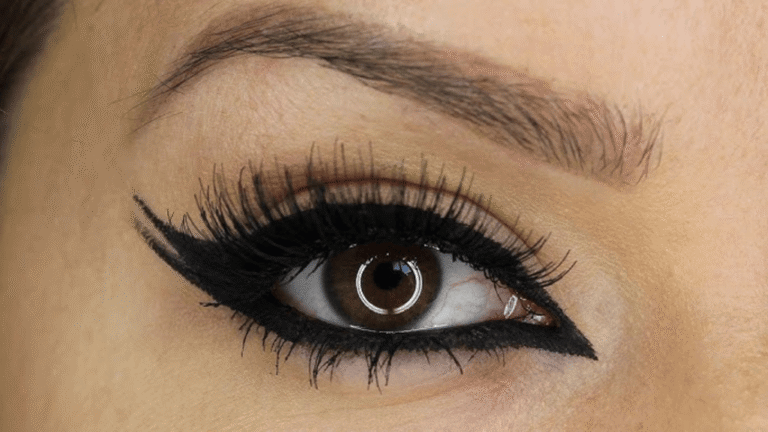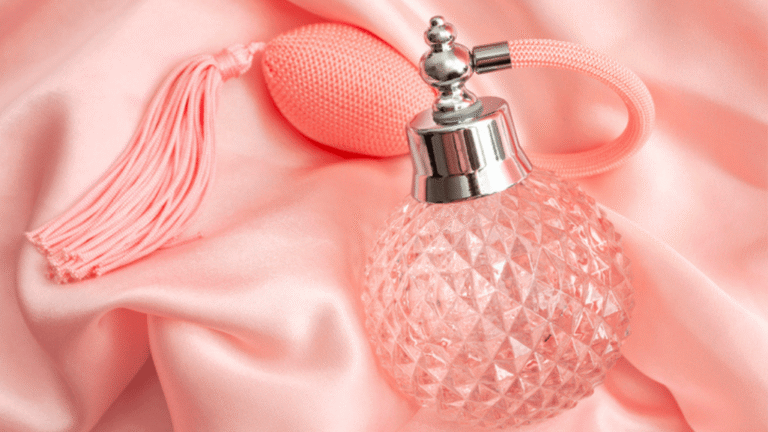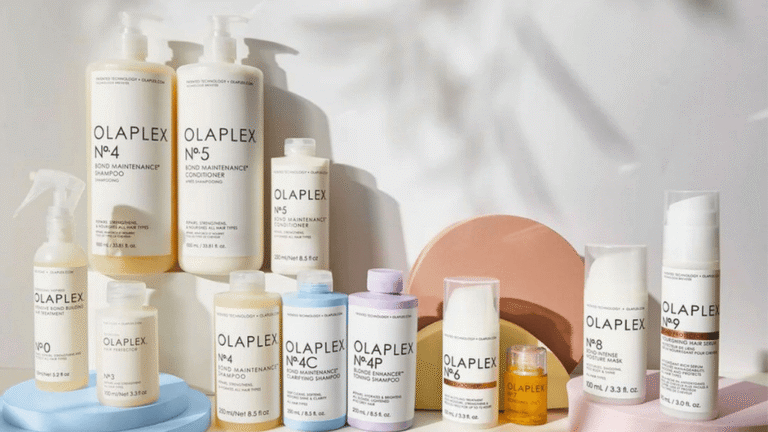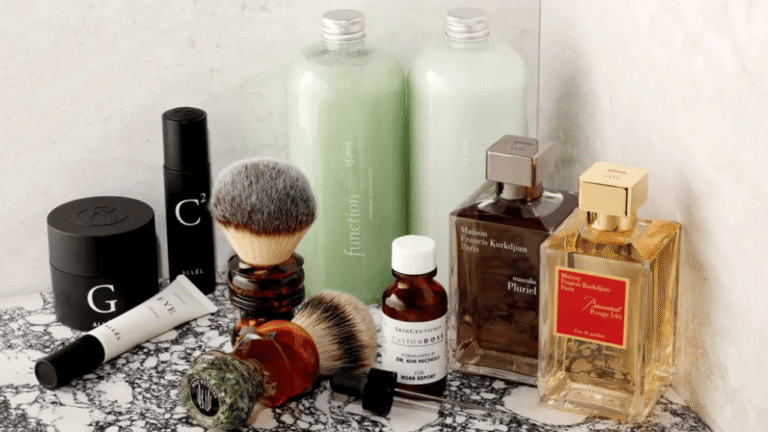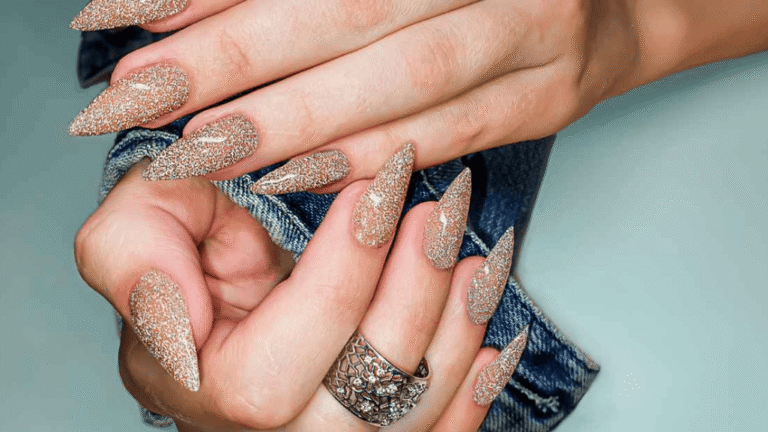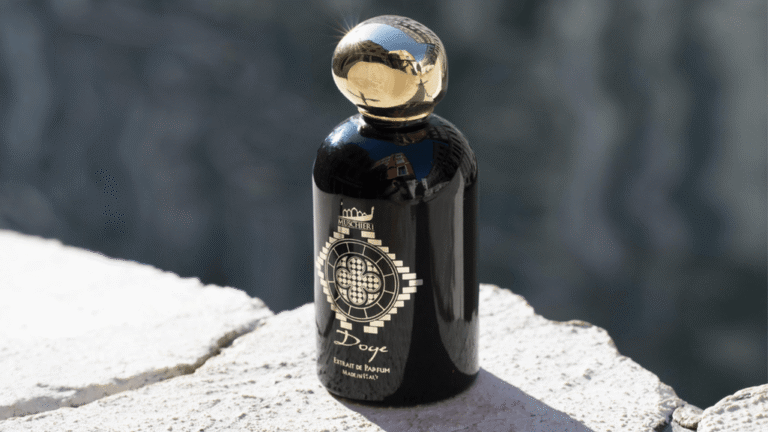Sulfate-free shampoos have changed how many people approach hair care by prioritizing gentler cleansing that helps keep strands hydrated and more manageable. As interest in gentler, low-irritant routines grows, more readers are switching from traditional formulas to sulfate-free options to reduce dryness, protect color, and preserve their hair’s natural oils.
Unlike shampoos that rely on stronger surfactants, which can strip hair natural oils, sulfate free formulas cleanse without aggressively removing sebum. That gentler action often means less dryness and breakage, as well as reduced color fading for color-treated hair — which is why many people with sensitive scalp or textured hair are choosing a sulfate-free shampoo as part of their regular hair care routine.
From top brands to specialty formulations, the market now offers many sulfate-free shampoos designed for different hair types and concerns. Whether you’re managing a sensitive scalp, trying to restore dry hair, or defining curly hair, there’s usually a free shampoo option that fits your routine — and pairing it with the right conditioner can make a big difference.
Quick Takeaways:
- Sulfate-free shampoos offer a gentle and nourishing cleansing experience.
- They help retain the hair’s natural oils, resulting in healthier and more manageable hair.
- Sulfate-free shampoos are beneficial for those with a sensitive scalp, dry hair, or curly hair.
- Top brands in the market provide a range of sulfate-free options to cater to different hair needs.
- If you’re curious, try switching to a sulfate free shampoo for 4–6 weeks and compare how your hair and scalp feel — then decide whether to make the change permanent.
Are sulfates bad for hair?
Sulfates are a class of strong surfactants (commonly seen on labels as SLS or SLES) that were developed because they lather well and remove oil, dirt, and product residue from the scalp and hair. For many people those cleansing properties are useful — especially if you have an oily scalp or heavy product buildup — but for others sulfates can be drying or irritating, leaving hair feeling rougher and more prone to frizziness and breakage.
Concerns about health risks (for example, historical reports linking nitrosamine impurities in some formulations) have been investigated; regulators and manufacturers have taken steps to address impurities, and mainstream research does not support broad claims that sulfates are carcinogenic when used in typical shampoo products. That said, the cosmetic effect on your hair — dryness, reduced moisture retention, or color fading — is a practical reason many people choose a sulfate free alternative.
How can you tell whether sulfates bother your hair or scalp? Look for practical signs over a few weeks of use: increased scalp itching or flaking, hair that feels excessively dry after washing, more split ends, or frizz that won’t smooth with conditioner. If you notice these, switching to a sulfate-free shampoo and monitoring changes is a simple test.
If you need occasional deeper cleansing — for example, to remove heavy styling products or oils — a clarifying wash that contains stronger surfactants can be used infrequently (think: once every 2–4 weeks) to avoid long-term dry damaged hair. Many people find a routine that alternates a mild sulfate-free shampoo with an occasional clarifying wash balances cleanliness without stripping natural oils.
Overall, the effect of sulfates depends on your hair and scalp type and the products you use. If you have a sensitive scalp, dry damaged hair, or hair prone to frizz, trying a sulfate-free shampoo and monitoring results is a reasonable approach. For those who need stronger cleansing, use sulfate-containing clarifying washes sparingly to avoid stripping natural oils.
Do sulfates strip hair color?
It’s a common belief that sulfates directly “strip” hair color, but the situation is more nuanced. The mechanical process of color loss is driven largely by water and how it opens the hair shaft during washing — that swelling makes it easier for color molecules to leach out. Strong surfactants can accelerate the process by lifting surface oils and any loose dye particles, but water exposure, heat, and repeated washing remain major contributors to color fade.
That said, many people with color-treated hair find switching to a sulfate free shampoo helps reduce fading because these formulas are milder and support better moisture retention. A gentler surfactant profile means the hair’s cuticle is less likely to be roughed up during washing, which preserves vibrancy and depth of color over time.
Practical tips to minimize color leaching: rinse with cooler water, limit wash frequency when possible, wait 48–72 hours after coloring before your first wash, and choose sulfate-free formulas formulated with humectants and protective oils. These small routine changes — combined with a moisturizing shampoo conditioner pairing — can slow color washout and keep treated hair looking fresher longer.
If you’re evaluating ingredients, look for nourishing ingredients such as glycerin, lightweight oils (argan, jojoba), and gentle surfactants that clean without stripping. These components help the hair hold onto moisture and create a smoother cuticle surface — both of which protect color. As always, test a new product and track how your color and ends respond over a few washes.
Who Should Use Sulfate-Free Shampoos?
Sulfate-free shampoos are especially useful for people whose hair or scalp needs extra moisture or lower irritation. Below are common scenarios and quick, practical tips for each type so you can decide whether to switch and what to pair your shampoo with.
1. Sensitive Scalp
If you notice itching, redness, or persistent dryness after washing, try a sulfate-free shampoo formulated for sensitive skin and scalps. Look for mild surfactants, soothing ingredients (like panthenol or oat extract), and avoid strong fragrances. Tip: patch-test new products and use for 4–6 weeks to judge results.
2. Dry Hair
Dry hair benefits from formulas that preserve hair natural oils and add humectants. Choose a sulfate-free shampoo that lists glycerin, panthenol, or lightweight oils, and always follow with a nourishing conditioner to seal the ends and reduce breakage.
3. Brittle or Damaged Hair
For hair that’s dry and brittle hair from heat or chemical processing, milder surfactants reduce further damage. Look for sulfate-free shampoos that also contain strengthening ingredients like hydrolyzed proteins or ceramides — note that shampoos support surface condition and moisture, while true rebuilding often requires targeted treatments.
4. Curly Hair
Curly hair tends to be drier and more prone to frizz; sulfate-free shampoos help keep moisture in and reduce frizz. Pair with a silicone-free or lightweight conditioner and use leave-in products or oils at the ends to enhance definition and reduce tangles.
Quick checklist — how to choose for your hair type: prefer mild surfactants (no SLS/SLES), look for humectants (glycerin), lightweight oils (argan, jojoba), hydrolyzed proteins for support, and avoid high-alcohol formulas that dry hair out. If you have heavy buildup or very oily hair, plan an occasional clarifying wash to keep your routine effective.
| Advantages of Sulfate-Free ShampoosSuitable Hair Types | |
| Gentle cleansing | All hair types (note: may need clarifying wash for heavy buildup) |
| Preserves natural oils | Sensitive scalp |
| Moisturizes and hydrates | Dry hair |
| Supports surface strength (with protein-containing formulas) | Brittle hair |
| Reduces frizz when paired with conditioning | Curly hair |
Top Sulfate-Free Shampoo Brands
There are many reputable top brands offering sulfate-free options. Below are a few well-known names with a quick note on what they’re commonly recommended for — check each brand’s product page to confirm the specific ingredients and the best match for your hair type.
- 14th Night: Small-batch, ingredient-conscious brand — often recommended for those seeking botanical extracts and a more natural, gentle shampoo.
- Act + Acre: Plant-based, formulation-forward — frequently suggested for strengthening and for color-treated or chemically processed hair when paired with the brand’s conditioners and treatments.
- adwoa beauty: Known for leveraging rich African botanicals and butters — a good option if you want moisture-rich, curl-friendly formulations.
- amika: Popular for bouncy, manageable hair — formulations often include nourishing oils and extracts to add softness and shine.
- Aveda: Salon-grade brand with many naturally derived ingredient options; often chosen for hydration and scalp-friendly formulas.
- Cake Beauty: Known for pleasant scents and user-friendly formulations that often use coconut milk and shea for added moisture.
Quick product guidance: choose a sulfate-free shampoo labeled for your main concern (color protection, curls, dryness) and pair it with a matching conditioner. If you have fine hair, look for lightweight oils and avoid heavy formulations that weigh hair down. For damaged or color-treated hair, prioritize ingredients like hydrolyzed proteins and humectants.
These brand notes are a starting point — there are a lot of effective sulfate-free shampoos and products on the market. If you want specific recommendations by budget or hair type, consider a short comparison table or a curated list of picks tailored to color-treated, curly, or fine hair.
Benefits of sulfate-free shampoos
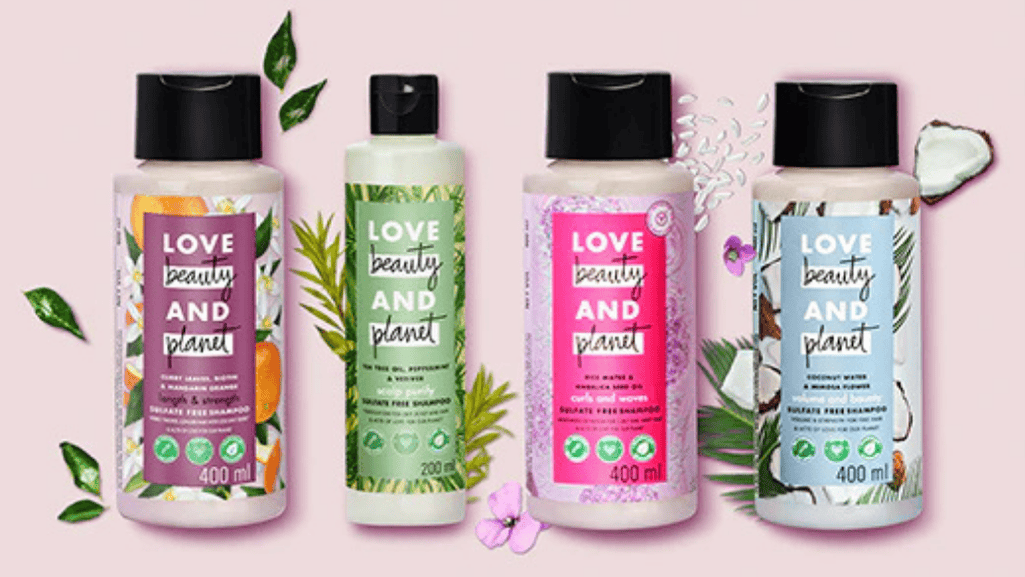 Switching to a thoughtfully formulated sulfate free shampoo can be an easy way to improve moisture balance and manageability. Below are the main benefits and practical notes so you can apply them to your daily routine.
Switching to a thoughtfully formulated sulfate free shampoo can be an easy way to improve moisture balance and manageability. Below are the main benefits and practical notes so you can apply them to your daily routine.
1. Moisture retention
Milder surfactants in sulfate-free shampoos cleanse without stripping the hair’s natural oils, helping strands stay hydrated longer. Look for humectants (glycerin), lightweight oils (argan, jojoba) and panthenol — these ingredients aid moisture retention and leave hair feeling softer and less prone to breakage.
2. Color preservation
Sulfate-free formulas are gentler on the cuticle, which helps reduce friction and fading of salon or at-home color. To maximize color longevity, combine a sulfate-free shampoo conditioner pairing, rinse with cooler water, and avoid daily hot washes that accelerate color leaching.
3. Gentle cleansing and scalp comfort
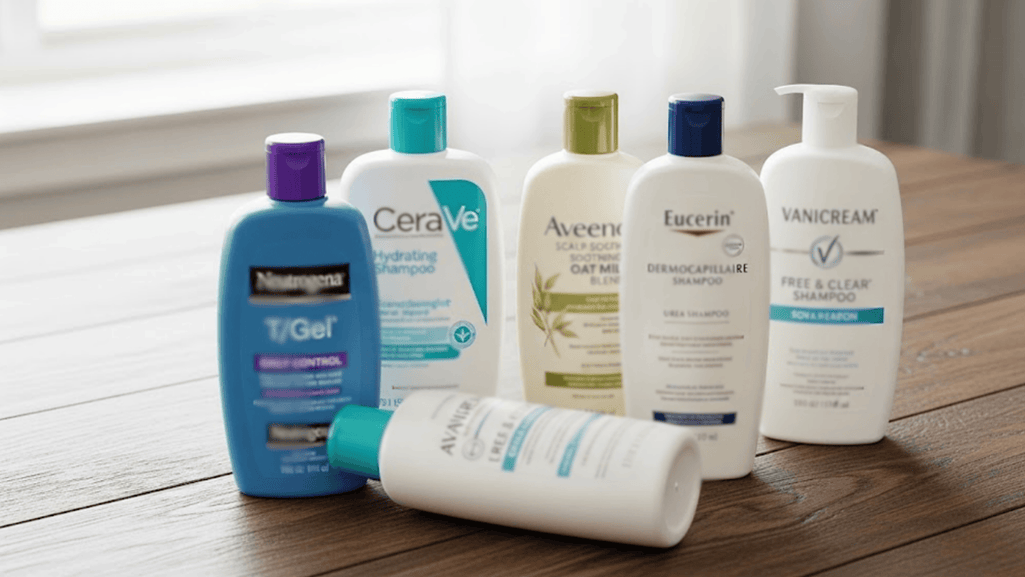 Because they avoid harsh sulfates, these shampoos are often better tolerated by sensitive scalps and by hair that’s been weakened by chemical services. Pair with a hydrating conditioner and, if you have buildup from styling products, schedule a clarifying wash (with a stronger surfactant) once every 2–4 weeks rather than weekly to keep balance.
Because they avoid harsh sulfates, these shampoos are often better tolerated by sensitive scalps and by hair that’s been weakened by chemical services. Pair with a hydrating conditioner and, if you have buildup from styling products, schedule a clarifying wash (with a stronger surfactant) once every 2–4 weeks rather than weekly to keep balance.
Quick dos and don’ts: Do pair a sulfate-free shampoo with a matching conditioner and use leave-in oils on the ends. Don’t over-wash — try spacing washes to every other day or every few days, depending on your hair type. When you do need deeper cleansing (heavy oils or lots of styling product), use a clarifying product sparingly to avoid long-term buildup or stripping.
Overall, a sulfate free shampoo can improve your hair’s moisture, help preserve color, and provide a gentler, more comfortable washing experience — especially when you select formulas and conditioners that match your hair needs and monitor results over a few weeks.
Conclusion
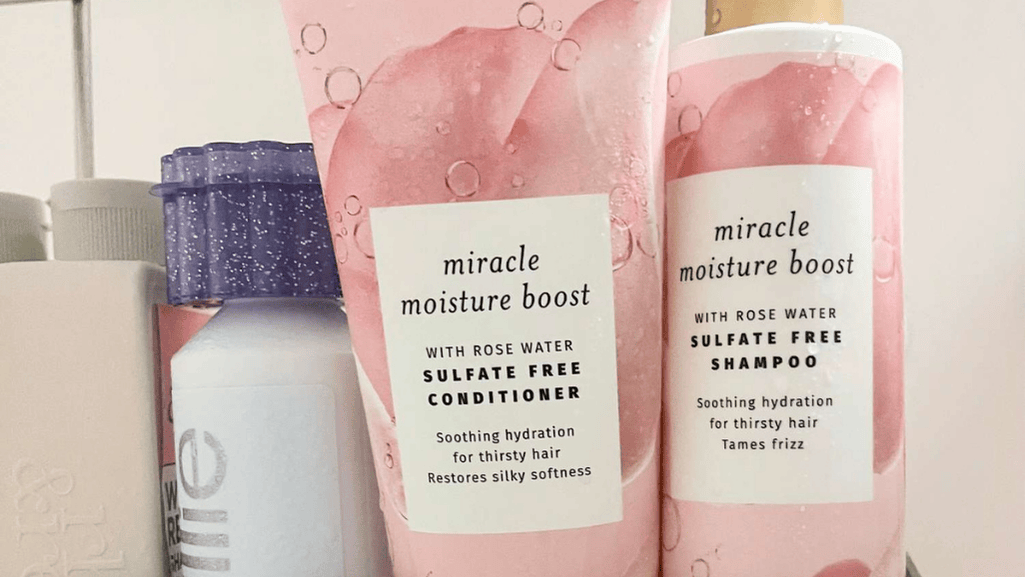 Sulfate-free shampoos provide a gentler, more nourishing alternative to traditional formulas that rely on strong surfactants. For many people — especially those with a sensitive scalp, dry or damaged hair, or curly hair — switching to a sulfate-free option can improve moisture balance, reduce frizz, and make hair easier to manage.
Sulfate-free shampoos provide a gentler, more nourishing alternative to traditional formulas that rely on strong surfactants. For many people — especially those with a sensitive scalp, dry or damaged hair, or curly hair — switching to a sulfate-free option can improve moisture balance, reduce frizz, and make hair easier to manage.
One of the notable advantages is color preservation: milder surfactants and improved moisture retention help keep hair color vibrant longer. That said, water, heat, and frequent washing also drive color leaching, so combine a sulfate-free regimen with cool rinses and a good conditioner for best results.
If you’re thinking of switching, try a sulfate-free shampoo for 4–6 weeks and compare how your hair and scalp respond — track moisture, frizz, and how color behaves. For heavy buildup or very oily scalps, plan occasional clarifying washes rather than daily use of strong sulfates.

